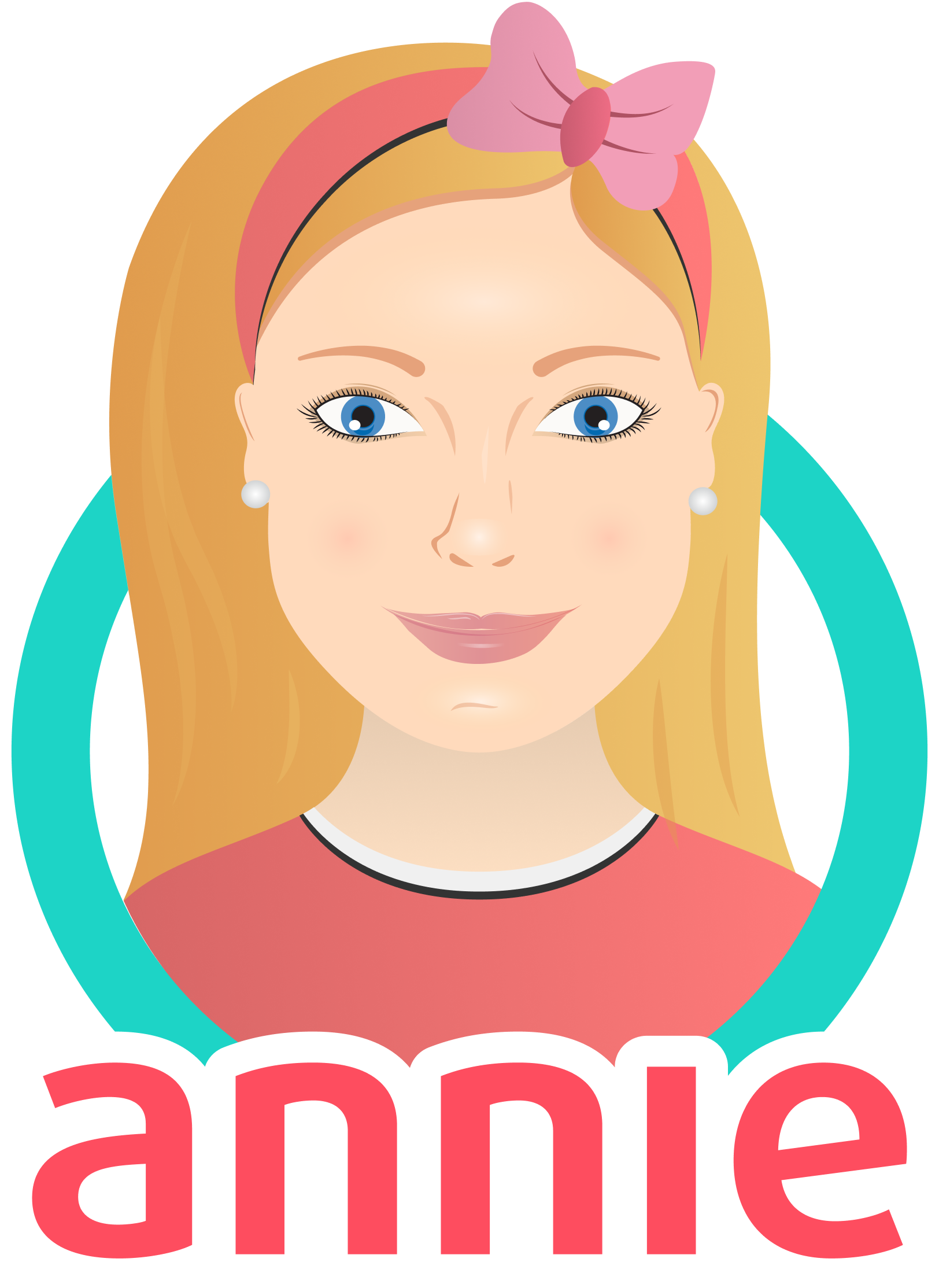
Fitness Over 40: What Your Hormones Have to Do With It
- Created:
27. 5. 2025 - Updated:
21. 5. 2025
Once women hit their 40s, fitness often starts to feel more complicated. You may be eating the same, moving just as much, but the results are slower. Energy doesn’t last like it used to. Workouts take more out of you. And the weight that was easy to manage before doesn’t move as quickly now.
This change isn’t just about age. It’s also about hormones. These internal messengers quietly control how your body stores fat, builds muscle, recovers, and even how you sleep. As levels shift over time, they begin to affect how your body responds to your efforts.
Here’s how your hormones can shape your fitness after 40—and what you can do about it.
Estrogen Decline and Its Effect on Fat Storage and Muscle Tone
Estrogen plays a key role in how your body handles fat. Before menopause, it helps keep fat distribution balanced and supports lean muscle. But when estrogen starts to drop, especially during perimenopause, things begin to shift. Fat starts collecting around the waist. Muscle tone decreases, and bloating becomes more noticeable.
These changes aren’t always caused by eating more or moving less. In many cases, they’re triggered by falling hormone levels.
To deal with this, some women look into women’s hormone therapy services. The right provider can help restore estrogen balance and ease these physical shifts. But the clinic you choose matters. Look for professionals who see the full picture—those who combine treatment with small, realistic changes in lifestyle that fit into your day.
Testosterone’s Role in Strength and Performance
Most people don’t realize women produce testosterone, too. It supports muscle strength, physical endurance, and energy. Though the levels are lower than in men, they still make a big difference.
After 40, testosterone levels decline. This is why you may feel weaker during workouts, even if you’re following the same routine. Recovery can take longer. You might notice that muscle building has slowed or that your drive to stay active isn’t the same.
These changes are not about motivation. They’re part of what your body is going through and worth understanding.
Cortisol and Chronic Stress: A Hidden Fitness Blocker
Cortisol is your stress hormone. It helps in small doses but causes problems when it stays high for long periods. Long-term stress keeps cortisol elevated, often leading to weight gain, especially around the stomach.
This hormone also affects your muscles. It can break them down over time. Poor sleep or cravings for junk food can cause fitness progress to stall quickly.
Managing stress doesn’t require a full life overhaul. Regular meals, short walks, and better sleep can help lower cortisol and support your physical health.
The Connection Between Hormones and Sleep Recovery
Recovery is just as important as exercise, especially after 40. Hormones like progesterone and melatonin are key to getting proper rest. When they drop, sleep often becomes light or broken.
This leaves you feeling drained. Muscles stay sore longer. Energy levels dip throughout the day. Even your mood can suffer. Without good rest, your body doesn’t repair itself properly, making workouts less effective.
Paying attention to sleep quality can improve your overall fitness and help your hormones stay in check.
Motivation and Mood: The Hormonal Influence
Hormonal shifts don’t just change your body—they can affect how you feel mentally. Drops in estrogen, thyroid issues, or even nutrient imbalances can lead to low mood, anxiety, or lack of motivation.
These changes often go unnoticed. You may skip workouts not because you’re lazy, but because your body and mind feel off. Understanding the root cause makes a difference. It helps you stop blaming yourself and start finding ways to feel better.
With support, it becomes easier to stick to routines and enjoy movement again.
Things to Consider Before Starting Hormone Therapy
If you’re thinking about hormone therapy, take the time to prepare:
- Get a hormone test to see what your levels really look like.
- Share your personal and family health history with your provider.
- Know what side effects may come with treatment so you’re ready.
- Choose a method that suits you—creams, pills, patches, or pellets.
- Ask how long the therapy is expected to last and what follow-ups are needed.
- Tell your doctor about any medications or supplements you use.
Conclusion
Your body changes after 40, and hormones are a big part of that story. They affect your energy, strength, recovery, and even motivation. Once you understand how they work, you can make smarter choices.
Fitness doesn’t have to stop—it just needs a different plan—one that fits your body now, not how it used to be. The goal isn’t to do more. It’s to do what helps you feel strong, steady, and well today.






